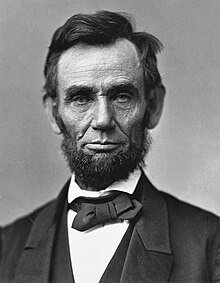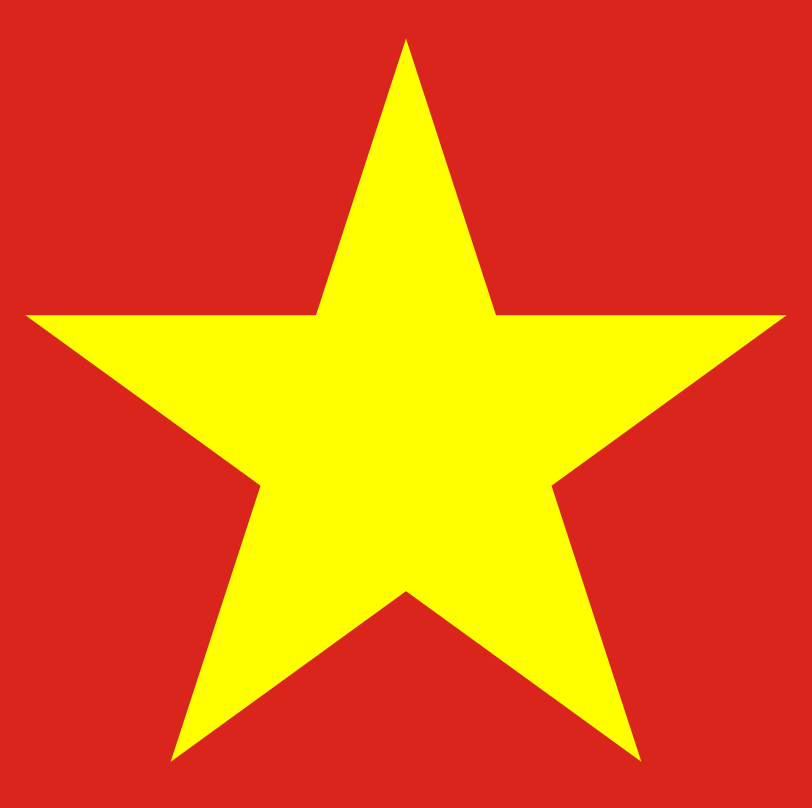
W.Minh Tuan
The 16th President of the United States, Abraham Lincoln, was the greatest of all American presidents, the president who led the North to victory in the North-South Civil War in 1861-1865. After the North-South Civil War ended in favor of the North, a Southern supporter assassinated Mr. Lincoln in 1865.
In second place is President George Washington, who was the first President of the United States, in 1789-1797.
In third place is the 32nd President Franklin D. Roosevelt, the president who led the United States to victory in the second world war.
The Battle of Gettysburg in American Civil war took place from July 1 to July 3, 1863. It was one of the bloodiest battles of the North-South American Civil War, with more than 51,000 casualties including soldiers killed, wounded or incapacitated.
About 3,100 North American soldiers were killed, while 3,900 Confederates were killed. The victory of the Union army in Gettysburg province marked the turning point of the war in favor of the North, which supported the strong representative central State, and wanted to abolish slavery.
President Lincoln was asked to deliver a message at a memorial service at Gettysburg Civil War Cemetery on November 19, 1863. The featured host for the event was Professor Edward Everett, a former president of Harvard University, and one of the most famous orators of his time. He talked for two hours.
Only then did he yield to President Lincoln.
The US President Lincoln delivered his message in just over two minutes, but the short and simple speech was remembered by all the American people and the world for ever.
As for the long speech of more than two hours of the professor, who is said to be the most eloquent American Everett, no one remembers.
President Lincoln tied the current struggle to the days of the Declaration of Independence in the year 1776, which spoke of the principles on which the nation was founded: liberty, and President Lincoln proposed that all men are created equal.
Furthermore, he associated both freedom and equality with the abolition of slavery – a new birth of freedom – and the maintenance of representative government through parliament.
Despite (or perhaps because of) its brevity, since the speech was given, it has been recognized as one of the finest, most eloquent, most powerful statements in the English language and, in fact, one of the most important expressions of freedom in any language.
Indeed, Professor Everett soon wrote to Lincoln that “I wish I could flatter myself that in over two hours I got as close to the main idea of the event as Your excellency did in two minutes.”
The full text of President Lincoln’s Gettysburg speech, written by the president himself, without the need of a secretary, is as follows:
“Fourscore and seven years ago our fathers brought forth, on this continent, a new nation, conceived in liberty, and dedicated to the proposition that all men are created equal. Now we are engaged in a great civil war, testing whether that nation, or any nation so conceived, and so dedicated, can long endure. We are met on a great battle-field of that war. We have come to dedicate a portion of that field, as a final resting-place for those who here gave their lives, that that nation might live.
It is altogether fitting and proper that we should do this.
But, in a larger sense, we cannot dedicate, we cannot consecrate—we cannot hallow—this ground. The brave men, living and dead, who struggled here, have consecrated it far above our poor power to add or detract.
The world will little note, nor long remember what we say here, but it can never forget what they did here.
It is for us the living, rather, to be dedicated here to the unfinished work which they who fought here have thus far so nobly advanced. It is rather for us to be here dedicated to the great task remaining before us—that from these honored dead we take increased devotion to that cause for which they here gave the last full measure of devotion—that we here highly resolve that these dead shall not have died in vain—that this nation, under God, shall have a new birth of freedom, and that government of the people, by the people, for the people, shall not perish from the earth.”
President Ho Chi Minh of Vietnam when writing the Declaration of Independence giving birth to the Democratic Republic of Vietnam on September 2, 1945, Mr. Ho Chi Minh quoted the Declaration of Independence of the United States, and Mr. Ho spoke of the State of the people, by the people, and for the people, that is the idea that US President Lincoln said in 1863 in the above Gettysburg Message.///

